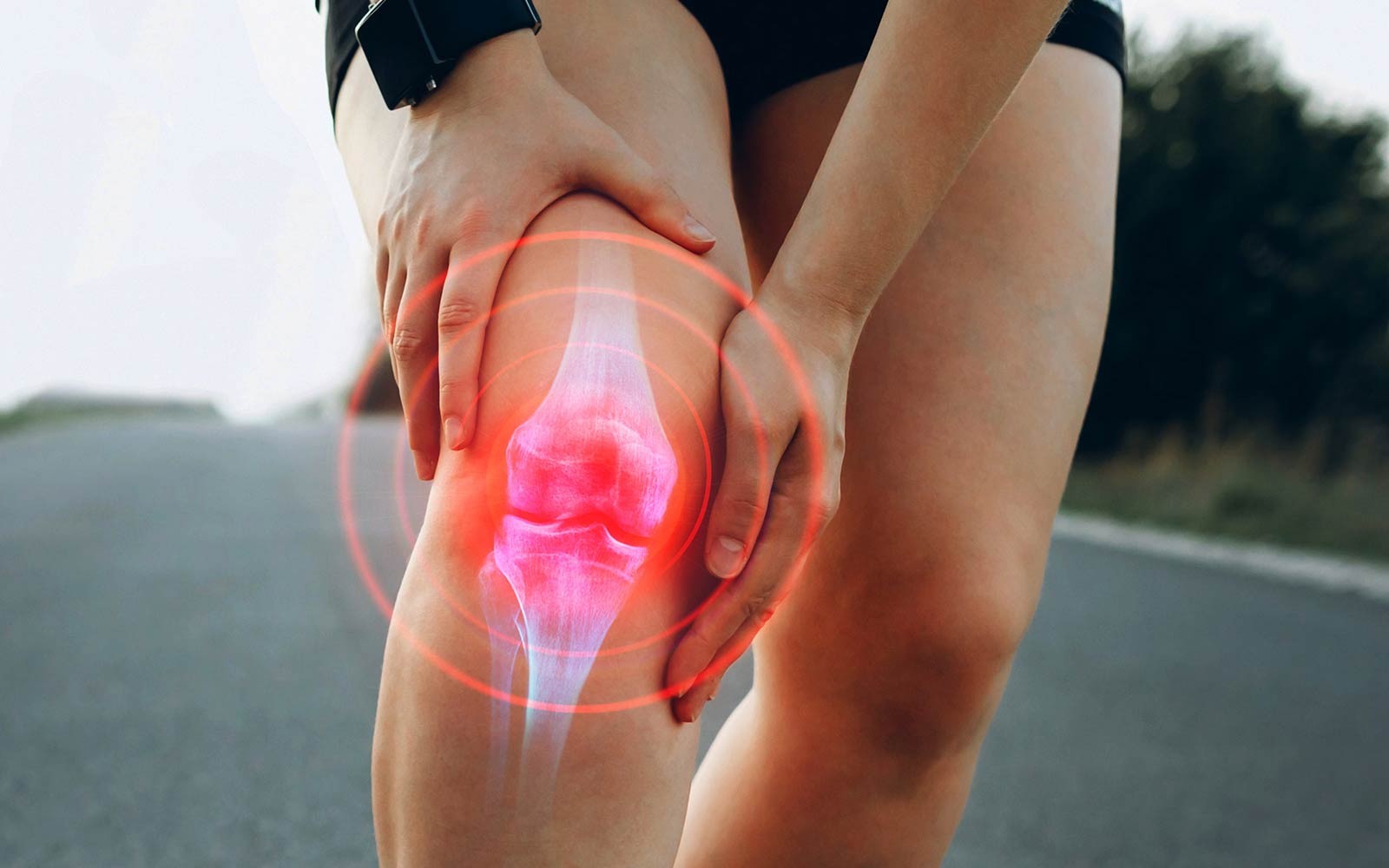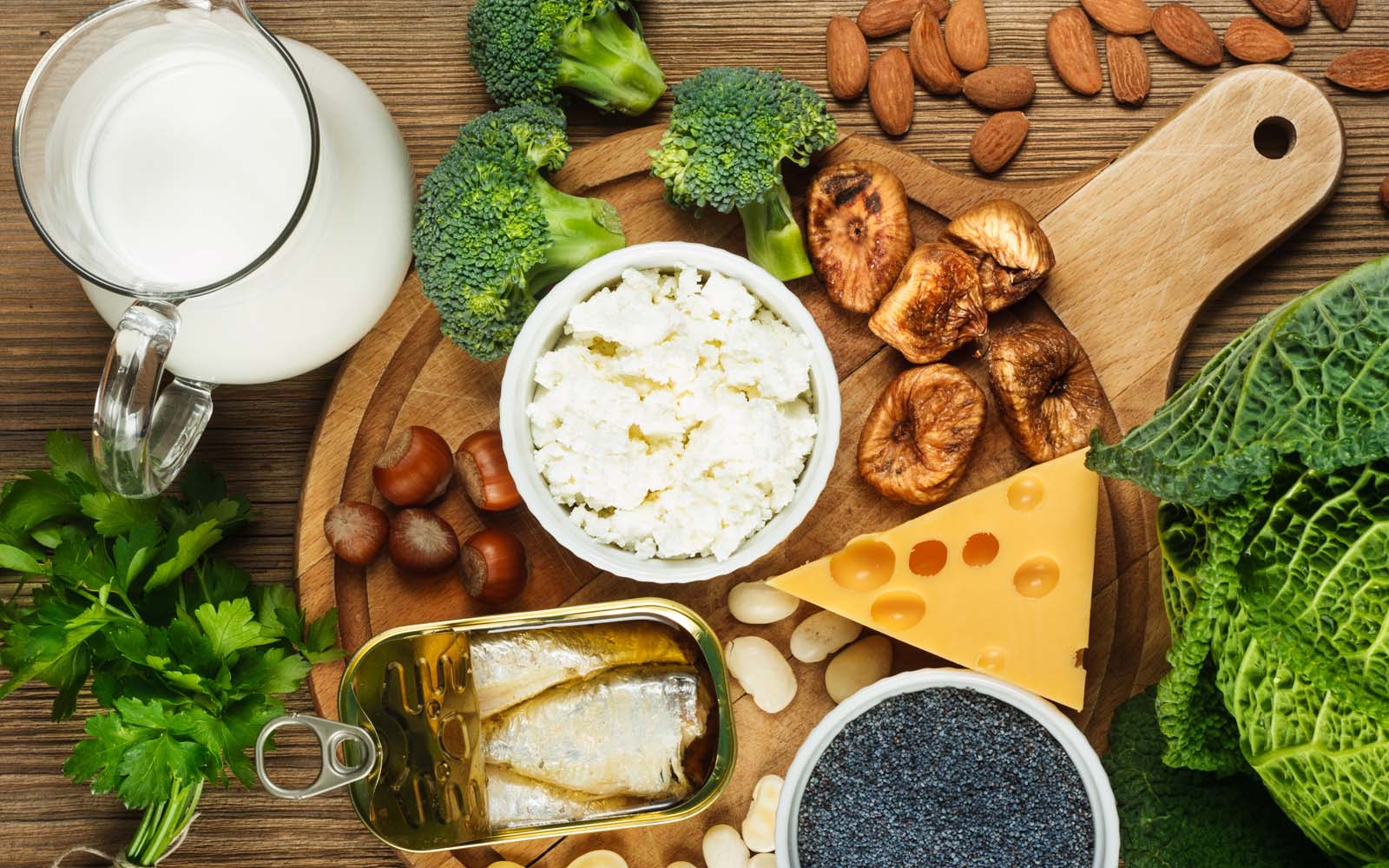4 Tips to Prevent Osteoporosis
Learn how to help prevent osteoporosis* and maintain healthy strong bones with these actionable tips.

Osteoporosis is a prevalent condition, particularly among middle-aged and elderly women in Australia. It is characterised by a gradual reduction in bone density, leading to porous and brittle bones that are susceptible to fractures and breaks.
While there is no cure for osteoporosis, there are a number of preventive dietary measures you can take to minimise your risk for when your dietary intake is inadequate.
1. Increase Calcium Intake
Calcium is the cornerstone nutrient for the development and maintenance of robust bones. It is vital for people of all ages, but the recommended daily intake varies.
Adult males should aim for approximately 1000mg of calcium per day, while women, especially during menopause, may require up to 1300mg daily. To learn more about the recommended daily intake, read our article "Do I Need A Calcium Supplement?"
Consuming a diverse range of calcium-rich foods is an excellent way to boost your intake. However, if your diet falls short of meeting the recommended levels, consider incorporating a calcium supplement to help prevent osteoporosis, as a diet deficient in calcium can lead to osteoporosis in later life. Calcium may help prevent osteoporosis when dietary intake is inadequate.
2. Increase Vitamin D Intake
Vitamin D plays a crucial role in the absorption of calcium in our bodies. It is essential to ensure that your dietary calcium intake is effectively absorbed.
While our bodies naturally produce vitamin D when exposed to sunlight, many people fail to get sufficient sun exposure. In such cases, taking a Vitamin D3 supplement can help maintain optimal vitamin D levels and support dietary calcium absorption.
Additionally, some calcium supplements already contain added Vitamin D, simplifying your intake.
3. Increase Vitamin K2 Intake
Vitamin K2 helps enhance bone health in individuals over 50 years old. Vitamin K2 also aids in the binding of calcium to bones, similar to the role of vitamin D.
By ensuring an adequate intake of vitamin K2 and Vitamin D3, you can help enhance your body's utilisation of dietary calcium, further supporting the strengthening of your bones.
Include vitamin K2-rich foods, such as leafy green vegetables and fermented soybeans (natto), in your diet. If needed, consult your healthcare provider about vitamin K2 supplements.
4. Engage in Weight-Bearing Exercise
Research has consistently shown that weight-bearing exercises, such as walking or running, can significantly improve and maintain bone density in the long term. These exercises put stress on your bones, stimulating them to become stronger. However, it is crucial to strike a balance and avoid overtraining.
Be Proactive
Taking proactive steps to help prevent osteoporosis* is essential for maintaining a healthy lifestyle in later life.
*A diet deficient in calcium can lead to osteoporosis in later life. Calcium may help prevent osteoporosis when dietary intake is inadequate.
By following these four tips - increasing calcium intake, enhancing vitamin D intake, increasing vitamin K2 consumption, and engaging in weight-bearing exercise - you can help support and enhance your bone health later in life.
Remember, a healthy lifestyle is the key, and small lifestyle changes today can make a substantial difference in the health of your bones tomorrow.







